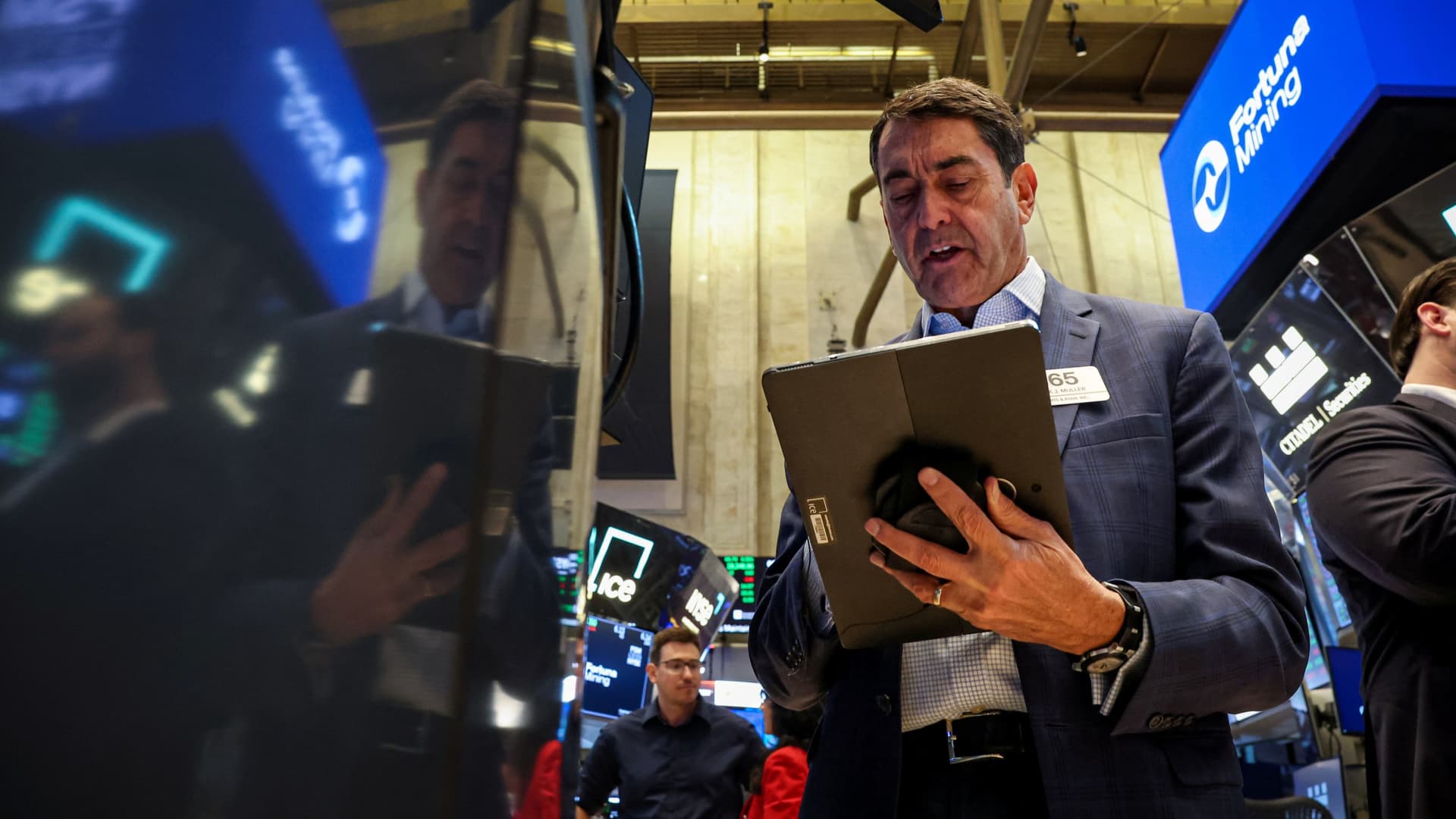
Global financial markets are facing increased uncertainty as traders and analysts express growing concern over the fate of trillions of dollars in US assets held by foreign companies. The unease stems from rising geopolitical tensions, evolving monetary policies, and a lack of clarity on how these corporations plan to manage their American holdings.
Foreign corporations — particularly in Asia and Europe — have long viewed US assets, such as Treasury bonds and equities, as a reliable component of their investment portfolios. However, recent global developments are prompting a reassessment of these positions. Analysts point to geopolitical strains, including the ongoing US-China economic rivalry and heightened scrutiny of foreign investments by US regulators, as key factors adding to market anxiety.
Market participants are especially concerned that abrupt moves by foreign companies to sell off US assets or significantly alter their holdings could lead to volatility in US financial markets. A major reshuffling of foreign-held US investments could impact everything from bond yields to the value of the dollar.
Additionally, shifts in US interest rates and inflation outlooks further complicate the decision-making landscape for foreign asset holders. With the Federal Reserve adopting a more cautious stance on rate hikes, investors are watching closely to see whether these conditions will prompt large-scale rebalancing.
Financial institutions are advising caution and are closely monitoring policy signals from both US and foreign regulators. The uncertainty is leading to increased hedging activity and a preference for more liquid assets among institutional investors.
As the global economy adapts to a new era of tighter regulations and shifting alliances, the financial community remains on edge. The decisions made by foreign companies regarding their US asset holdings could have major implications for the stability and direction of the global financial system.
Source: https:// – Courtesy of the original publisher.








